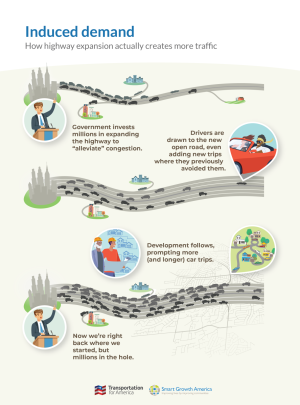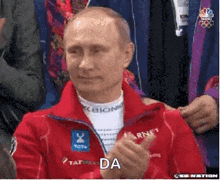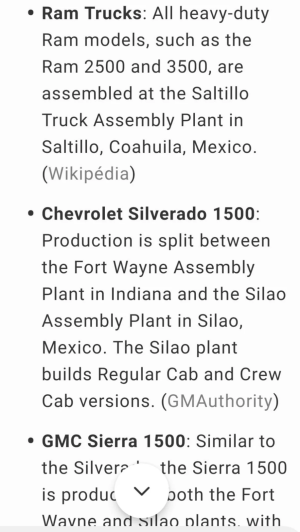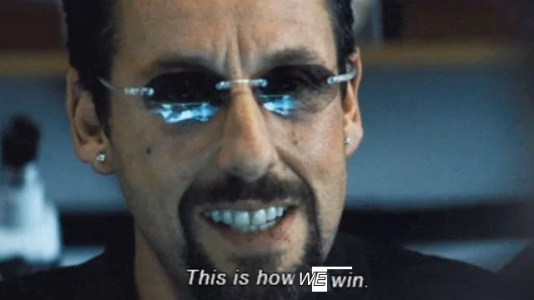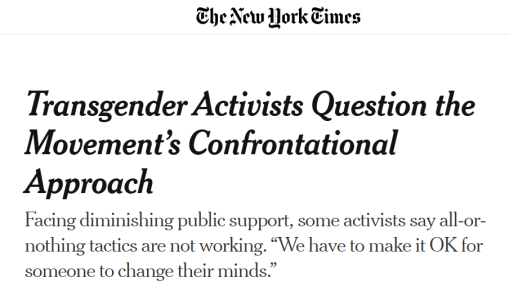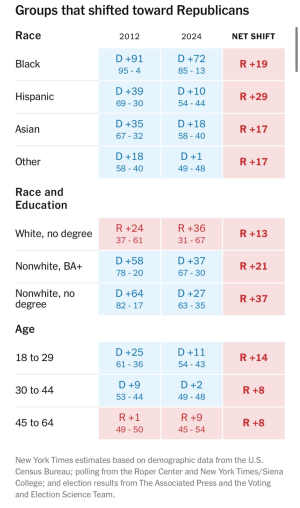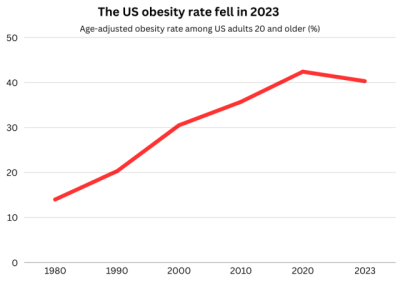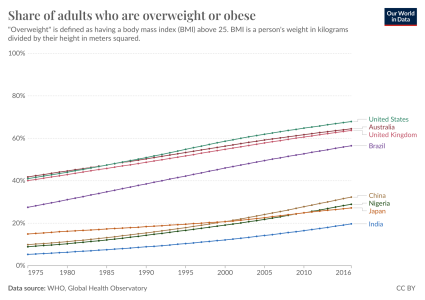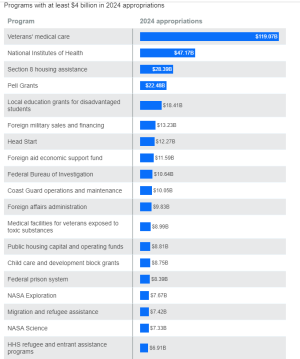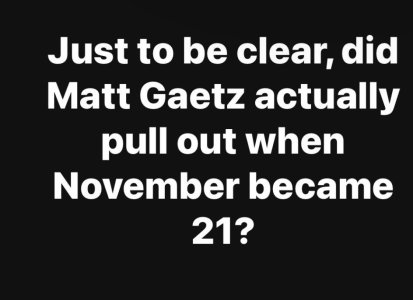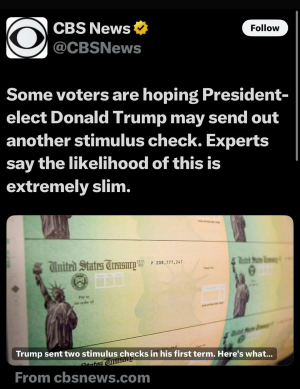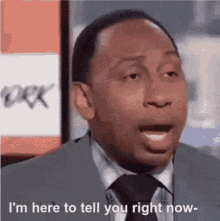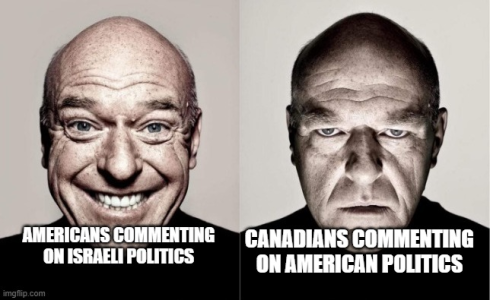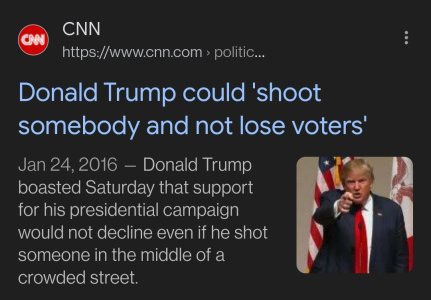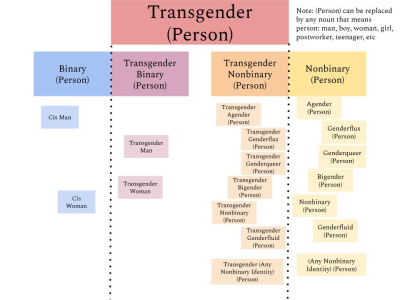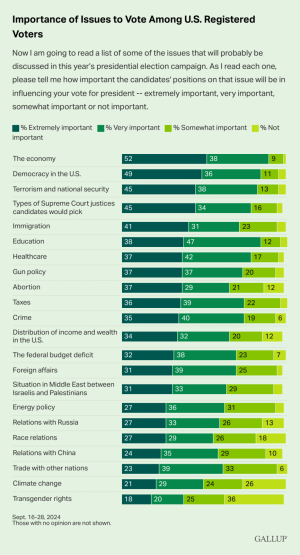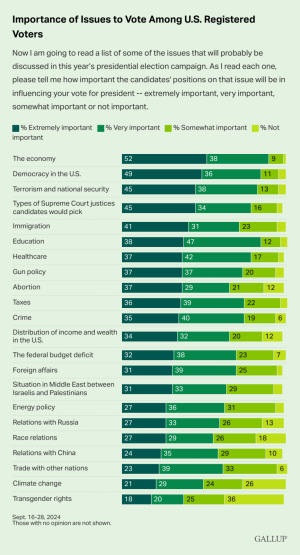Politicians have always lied to win votes during campaigns, but frankly, I can't recall a case of plain pandering this blatant in a Presidential election in the last 30 years.
If you believe the national polls, it also seems to be working. Perplexing.
People are voting against Obama more than they are voting for Romney. They are not educated about what a Romney presidency could potentially mean, and to be honestly they don't really care. They just want Obama out of office.
Co-sign.
Romney appears a centrist in national settings (i.e. debates), but my fear is that his presidency will be anything but. A piece from today's
Boston Globe cogently summed my fears:
Unlike Ryan, Romney has no legislative record forcing him to take a position. And he likes to hedge his bets. A fleeting moment in the second presidential debate was revealing. Asked about the assault weapons ban he signed while governor (but which he opposes in federal legislation) Romney said the Massachusetts bill had been negotiated with “pro-gun and anti-gun people,” and included provisions both sides were happy with. “So it was a mutually agreed-upon piece of legislation,” he said.
With that bill, as with his health care plan, Romney preferred to make decisions with many advisers at the table. That’s admirable. But what happens when there is no consensus, and core guiding principles — not just politics — are needed? Faced with complex choices, it’s easy to imagine that a wavering Romney would outsource his decision to strongest argument in the room.
In a Romney administration, it is Ryan who would push an uncompromising agenda, Ryan who would rally social conservatives and deliver for the economic elite. That’s why voters should care who is Romney’s vice president. Because if Romney has been willing to suppress his true nature for so long, what does it matter who he “really” is?
Romney has vacillated between the center and the far right during the campaign, but what happens when he actually has to make a decision in office?
His leadership style suggests that his presidency might look something like Bush 43: Delegating tasks, but relying on a set of hawkish advisers to make crucial policy decisions-- particularly on foreign policy, where both Romney and Bush lacked experience.
It should also be pointed out that Romney's foreign policy team is comprised of 17/24 neocons from the Bush administration.






 Would be pretty interesting to see if the electoral ended in a tie, President Romney VP Biden lulz.
Would be pretty interesting to see if the electoral ended in a tie, President Romney VP Biden lulz.





